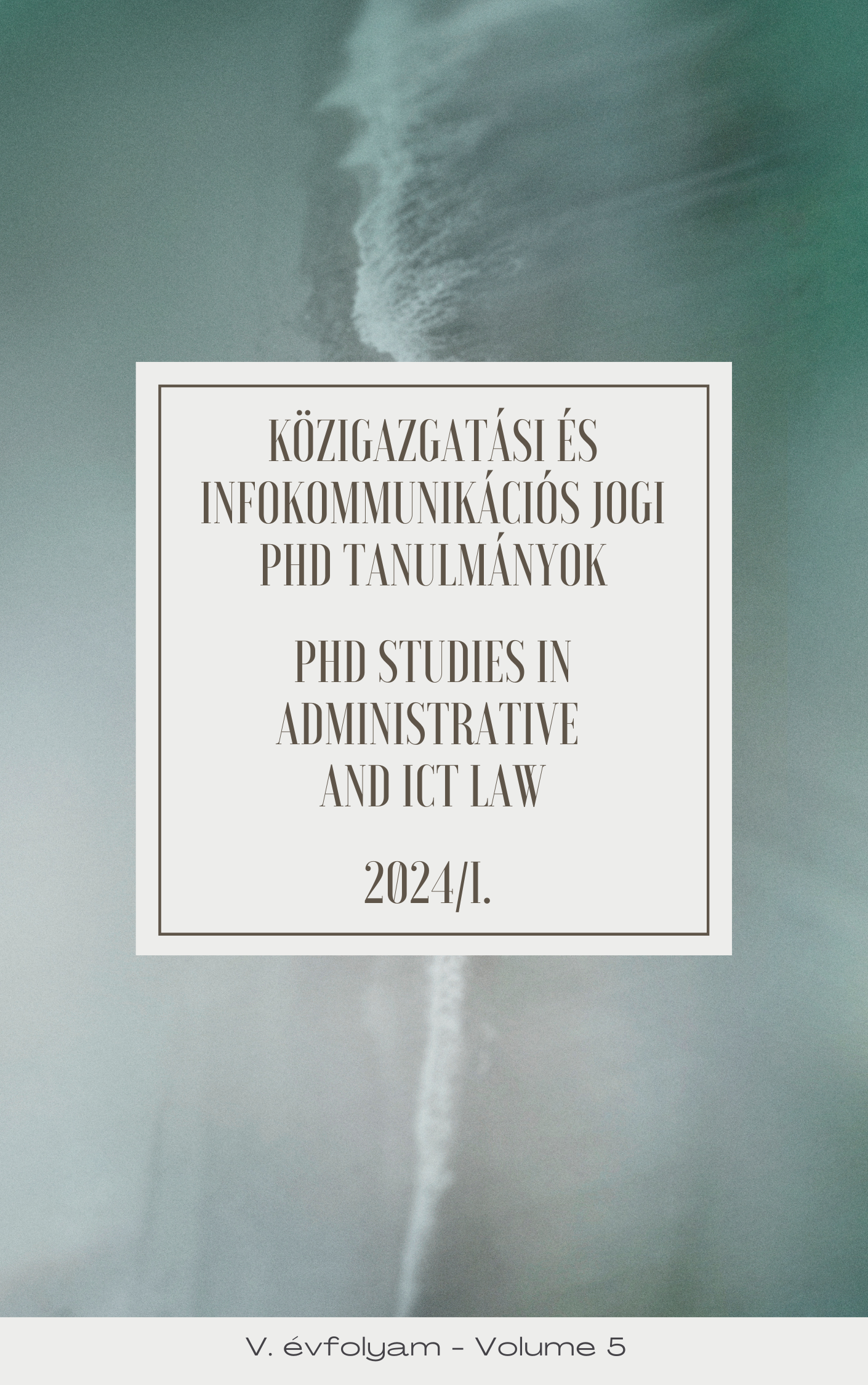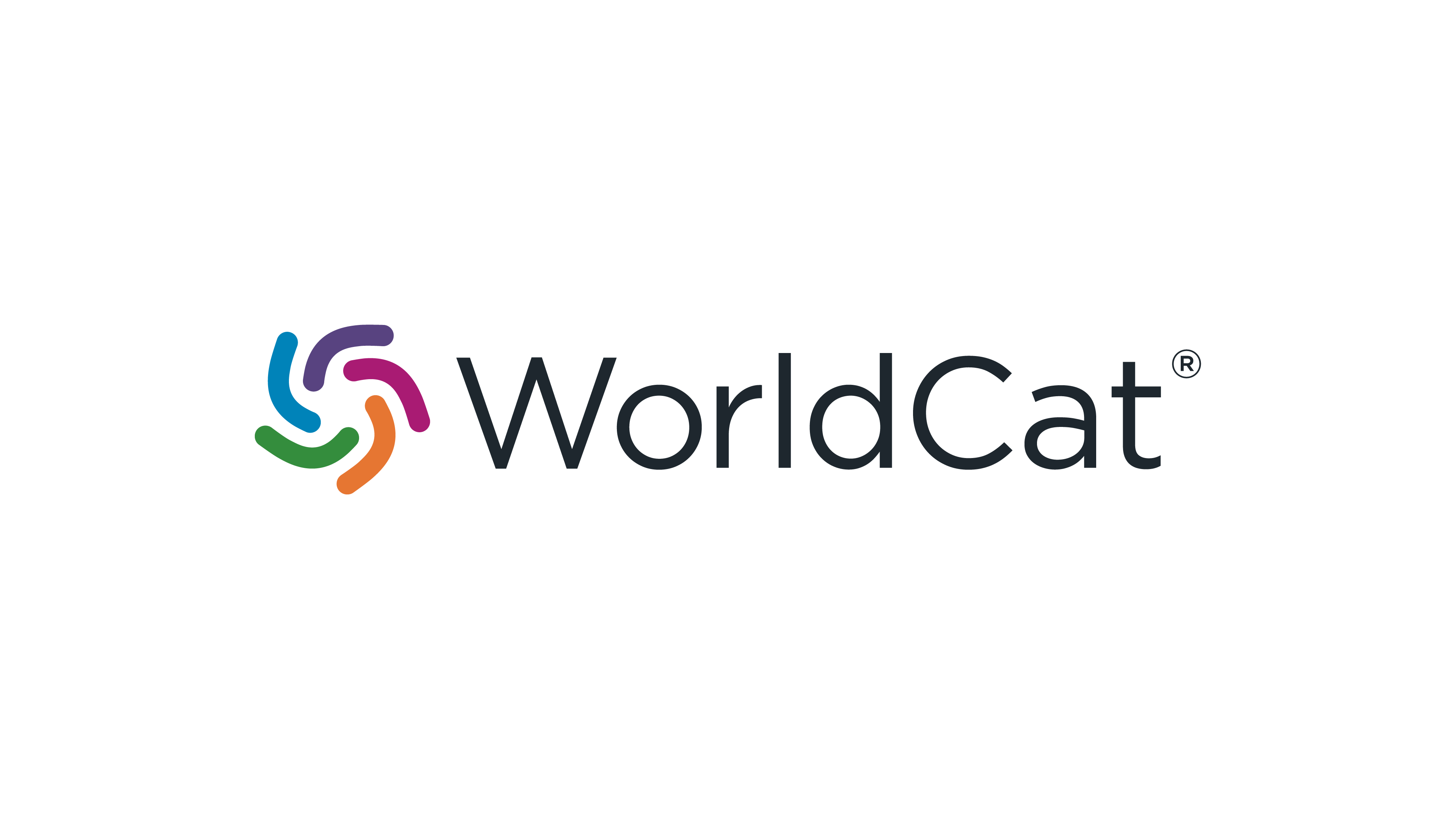Communication and media policy in the light of the protection of children's rights
DOI:
https://doi.org/10.47272/KIKPhD.2024.1.3Keywords:
Protection of children rigths, Communication and media policy, Freedom of expression, Data protectionAbstract
"The present life, in its own particular way of being, and consequently with its own understanding of being, has grown into and grown up in an inherited interpretation of the present life. Above all, it understands itself from this, and in a certain circle permanently. This understanding reveals and regulates the possibilities of existence. The past of property - and this always means the past of its own generation - does not follow in its footsteps, but always precedes it."1 The technological changes that have followed the communications revolution have transformed society. Different generations differ significantly in their attitudes to digital culture. Those born in the 1940s and 1950s are the baby-boom generation - the lost generation - who are not very savvy about smart devices, having been influenced by television as children. The generation born in the 1960s and 1970s represents Generation X, which is only present in the digital world as immigrants. The children of the 1980s and 1990s are Generation Y, who have grown up with modern technology and represent the first generation of true digital natives. While the children of Generation Z born in the 2000s are a version of the former Generation 2.0, already acclimatised to the world of the internet.2 The now young adult Generation Z and Alpha3 (Alfas) - children born after 2010, who have been born into the world of smart devices - are adapting easily and quickly to a digital culture defined by interactivity, interconnectivity, multitasking and immediacy. Our world has accelerated considerably in recent years and children, like adults, are living the accelerated life of this accelerated world, which is not only served but also stimulated by electronic devices (TV, smartphone, laptop, notebook, etc.). As the proliferation of smart devices has increased, so has the media consumption of minors. However, due to their mental and psychological immaturity, children are often unable to understand and manage the 'reality' around them. In order to ensure their unhindered mental, moral and physical development, it is extremely important to create the conditions and normative framework for this, and to develop alternative systems of rules adapted to the new challenges of the digital world. In addition to new types of regulation, increasing emphasis is being placed on the importance of media-aware presence and the role of education in enhancing it. I believe that the conscious use of the Internet by children, as a channel of access to digital culture, is undoubtedly an extremely important and complex skill, the acquisition of which will enable the rising generation to safely exploit the opportunities offered by the digital world in a value-creating way, improving individual competitiveness in today's much faster information society.
1 Martin Heidegger: Lét és idő. Gondolat, Budapest, 1989, 111–112.o.
2 Komár Zita: Re-, de- és intergeneráció A commonikáció, innowáció és cooltúra vizsgálata hagyományos és rendhagyó modorban. Kortárs 62(4), 2018. 80-90. o.
3 Pálinkás-Purgel Zsuzsa: Alfa generáció – a „digitális bébik” kora https://folyoiratok.oh.gov.hu/uj-kozneveles/alfa-generacio-a-digitalis-bebik-kora (2024.04.30.)
Downloads
References
D. Horváth Vanessza: Cyberbullying a jogterületek metszéspontjában. Infokommunikáció és Jog 22(1), 46. o.
Jóri András, Soós Andrea Klára, Bártfai Zsolt, Hári Anita: A GDPR magyarázata. Budapest, HVG-ORAC Lap- és Könyvkiadó, 2018. 142-145. o.
Kóczián Sándor: Gyermekvédelem a médiajogban. Budapest, Magyar Elektronikus Könyvtár /Médiatudományi Könyvtár, 2014. 5. o.
Koltay András – Lapsánszky András: Médiajogi kommentárok (Nagykommentár a a médiaszolgáltatásokról és a tömegkommunikációról szóló 2010. évi CLXXXV. törvényhez). Budapest, Wolters Kluwer, 2014. 2. o.
Koltay András - Lapsánszky András: Nagykommentár a médiaszolgáltatásokról és a tömegkommunikációról szóló 2010. évi CLXXXV. törvényhez . Budapest, Wolters Kluwer, 2024. (Hatály: 2023.I.1.-) 1./Mttv. 9.§-ához: A kiskorúak védelmére vonatkozó szabályozás célja, indoka
Koltay András - Nyakas Levente: Magyar és európai médiajog. Budapest, Complex Kiadó, 2012. 269.o.
Komár Zita: Re-, de- és intergeneráció A commonikáció, innowáció és cooltúra vizsgálata hagyományos és rendhagyó modorban. Kortárs 62(4), 2018. 80-90. o.
Kovács Kristóf: FoMO – Tényleg mindenről lemaradunk? https://mindsetpszichologia.hu/fomo-tenyleg-mindenrol-lemaradunk (2024.04.30.)
Lothar Determann: Adatvédelmi jogi útmutatója. Budapest, HVG-ORAC Lap-és Könyvkiadó, 2020. 209. o.
Martin Heidegger: Lét és idő. Gondolat, Budapest, 1989, 111–112.o.
Mi is az a BeReal? https://onlineplatformok.hu/cikk/mi-is-az-a-bereal (2024.04.30.)
Pálinkás-Purgel Zsuzsa: Alfa generáció – a „digitális bébik” kora https://folyoiratok.oh.gov.hu/uj-kozneveles/alfa-generacio-a-digitalis-bebik-kora (2024.04.30.)
Polyák Gábor: A médiarendszer kialakítása. Budapest, HVG-ORAC Lap- és Könyvkiadó, 2008. 19.o.
Ződi Zsolt: Kódokba zárt jog. IMR, 2019/2., 169-186. o.
Downloads
Published
Versions
- 2024-04-30 (2)
- 2024-04-30 (1)
How to Cite
Issue
Section
License
Copyright (c) 2024 Közigazgatási és Infokommunikációs Jogi PhD Tanulmányok (PhD Studies in Administrative and ICT Law)

This work is licensed under a Creative Commons Attribution-NonCommercial-ShareAlike 4.0 International License.
The rights to use this article for any third party after first publication are subject to the Creative Commons Attribution-NonCommercial-ShareAlike 4.0 (CC-BY-NC-SA 4.0) license terms.














